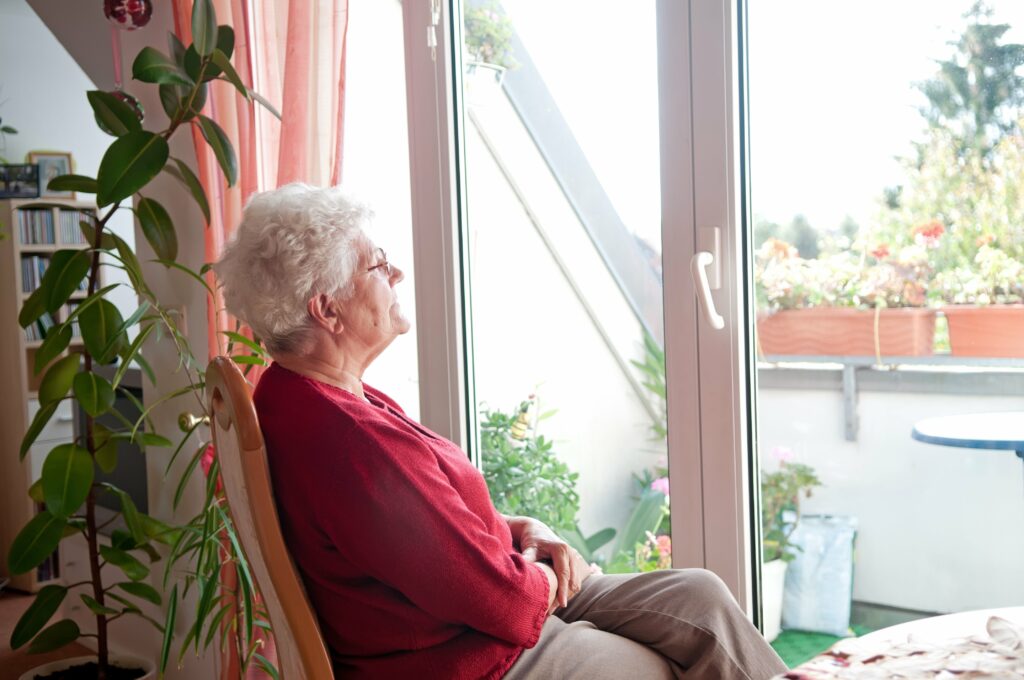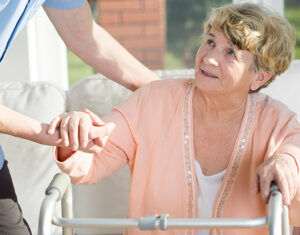
Discovering that a loved one has suffered abuse or neglect in a Charleston nursing home is heartbreaking. Families trust these facilities to provide safe and compassionate care. Yet some facilities betray that trust, leaving residents injured or worse. If your family has experienced this painful reality, you deserve answers and the opportunity to hold the responsible parties accountable. You need an experienced Charleston nursing home abuse lawyer, and Joye Law Firm can help.
We stand with families who have suffered harm from negligent nursing homes. Our personal injury lawyers in Charleston are dedicated to fighting for justice. We work hard to ensure that victims and their families receive the compensation they need for medical care, relocation costs, and the pain they’ve endured.
If someone dear to you has been mistreated in an assisted living facility, reach out now for a free consultation to learn how we can help you receive the compensation you need to move forward.
Signs of Nursing Home Abuse and Neglect
Nursing home abuse often goes unnoticed until it results in devastating injuries or tragically, a resident’s untimely death. Staff members might cover up incidents, and vulnerable residents may be unable, too afraid, or ashamed to report mistreatment. Recognizing the warning signs can help you take action to prevent further harm.
Physical Abuse Indicators
- Unexplained bruises, cuts, burns, or fractures
- Restraint marks on wrists or ankles
- Repeated injuries without clear explanations
- Fearfulness around specific staff members
- Flinching, pulling away, or otherwise fearing being touched
Signs of Emotional and Psychological Abuse
- Withdrawal from social activities
- Sudden changes in mood or personality
- Depression, anxiety, or signs of fear
- Uncharacteristic silence or reluctance to speak
Sexual Abuse Warning Signs
- Unexplained bruising or bleeding around genitals or breasts
- Sexually transmitted infections
- Difficulty walking or sitting
- Torn or stained underwear
Financial Exploitation Warning Signs
- Missing personal belongings or cash
- Unexplained withdrawals from bank accounts
- Changes to wills, powers of attorney, or financial documents
- Bills left unpaid despite sufficient funds
Neglect Symptoms
- Dehydration or malnutrition
- Dirty clothing or poor hygiene
- Pressure sores or bedsores from lack of movement
Infections due to inadequate medical care
Types of Charleston Nursing Home Abuse Cases We Handle
Nursing home abuse and neglect take many forms, all of which can cause serious harm. Joye Law Firm can help families in a variety of claims, including:
Physical Assault and Restraint Cases
Some caregivers or other residents resort to physical force, leaving victims with painful injuries. In some cases, nursing home staff may improperly use restraints—both physical and chemical—to control residents, leading to serious harm. No facility should tolerate violence, yet it happens far too often.
Medication Errors and Overmedication
Nursing home staff may administer the wrong medication, give incorrect dosages, or overmedicate residents to make them easier to control. These mistakes can lead to serious health complications or even death.
Falls Due to Inadequate Supervision
A lack of assistance with walking, transfers, or mobility devices leads to dangerous falls. Facilities in Charleston often face staffing shortages that contribute to these accidents.
Dehydration and Malnutrition
Residents depend on caregivers for proper nutrition and hydration. When staff fail to provide meals or monitor fluid intake, severe health issues arise.
Bed Sores and Pressure Ulcers
When staff members don’t reposition bedridden residents, pressure sores can develop, often leading to dangerous infections. These injuries are entirely preventable with proper care.
Financial Fraud and Theft
Nursing home residents are particularly vulnerable to financial abuse. Whether it’s a caregiver stealing valuables or unauthorized changes to bank accounts, families must stay vigilant.
Emotional Abuse and Isolation
Some facilities isolate residents from family visits, refuse to allow them social interaction, or use verbal intimidation to control them. This emotional distress can be just as damaging as physical abuse.












